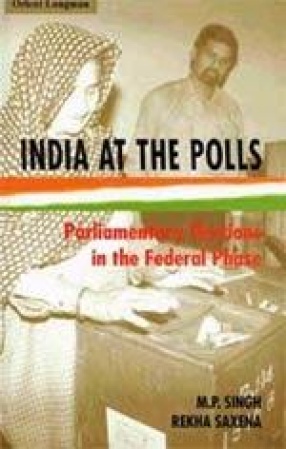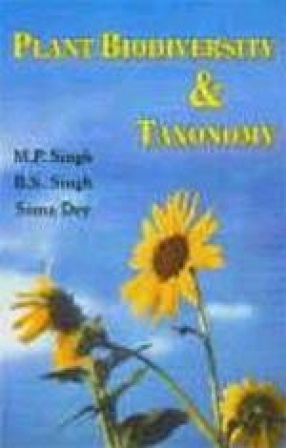India at the Polls: Parliamentary Elections in the Federal Phase
Synopsis
India has generally been credited with maintaining the constitutional regime established since independence. In this successful political experiment, the procedural values of democracy, free and fair elections, judicial integrity and activism and paradigm-shifts in politics and the economy with a reasonable degree of consensus, stand out as major areas of relative achievements. Elections have become particularly more frequent since 1989. There have been four Lok Sabha elections, three in rather quick succession. This is because of the transformation of the party system from one of Congress dominance to a multi-partisan system configuration reflecting the instability of minority and/or coalition governments and hung parliaments. Elections in this phase have been both the cause and consequence of a paradigm-shift in Indian politics from a predominantly parliamentary tenor of politics to a more federalised regime within the overall parameters of what Ronald Watts has characterised as ‘parliamentary federal systems’. Since 1989, a certain measure of proportionality of representation is evident under the plurality or first-past-the-post electoral system because of the increased social fragmentation along ethnic, regional and class lines. This has enormously increased the political influence of regional parties in the system. In such a political matrix, coalition governments would appear to be an expected outcome. And unless coalitional governance becomes subject to certain consensual rules with a stable pursuit of purposive governance, elections would continue to be more frequent than desirable. This book takes a close look at the last three Lok Sabha elections—those of 1996, 1998 and 1999.
Read more
36.90
33.21
$
41.00 $
Free delivery Wolrdwidе in 10-18 days
Ships in 1-2 days from New Delhi
Membership for 1 Year $35.00
Get it now and save 10%
Get it now and save 10%
BECOME A MEMBER











Bibliographic information
M.P. Singh